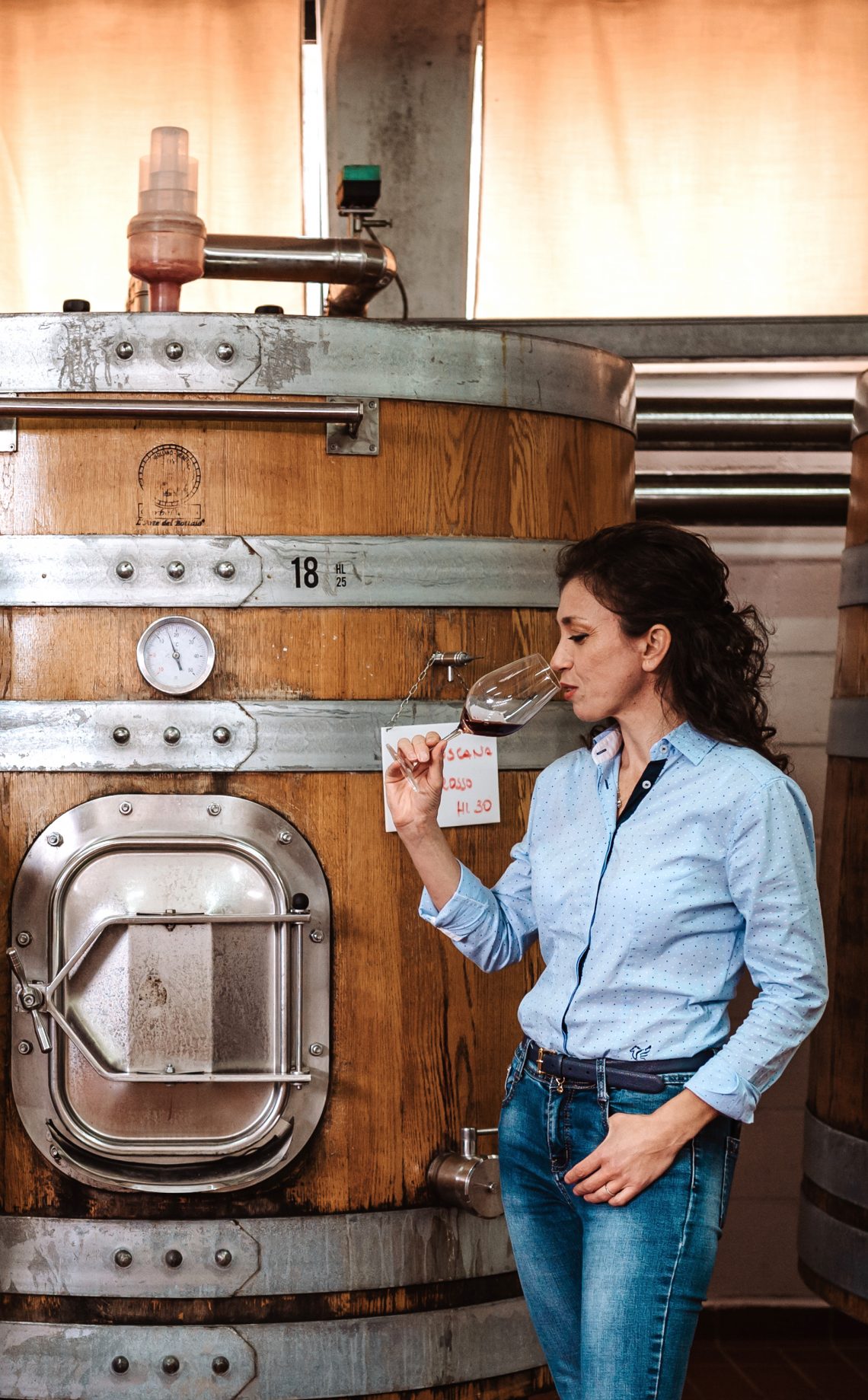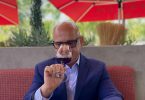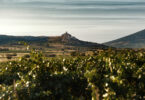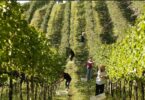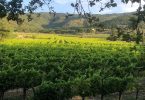Credits: © Vincenza Folgheretti Enologist
Vincenza Folgheretti Sicilian oenologist, but Tuscan by adoption, is a reference figure on the Italian wine scene.
Knowledge, professionalism, tenacity are just some of her peculiarities that have allowed her to emerge in a sector, oenology, which, until a few years ago, was only the prerogative of men.
After having made her skills available to important national and international wineries, she found in Tuscany, the ideal place to carry out an important entrepreneurial project that sees her as a protagonist in the first person.
She loves confrontation, which she sees as a valid method of growth, which is why we can often find her, when entrepreneurial commitments allow it, around the world for meetings with colleagues and industry experts.
“She never stops learning” is her mantra.
For the review visit Piero Pardini Wine Reviews.


